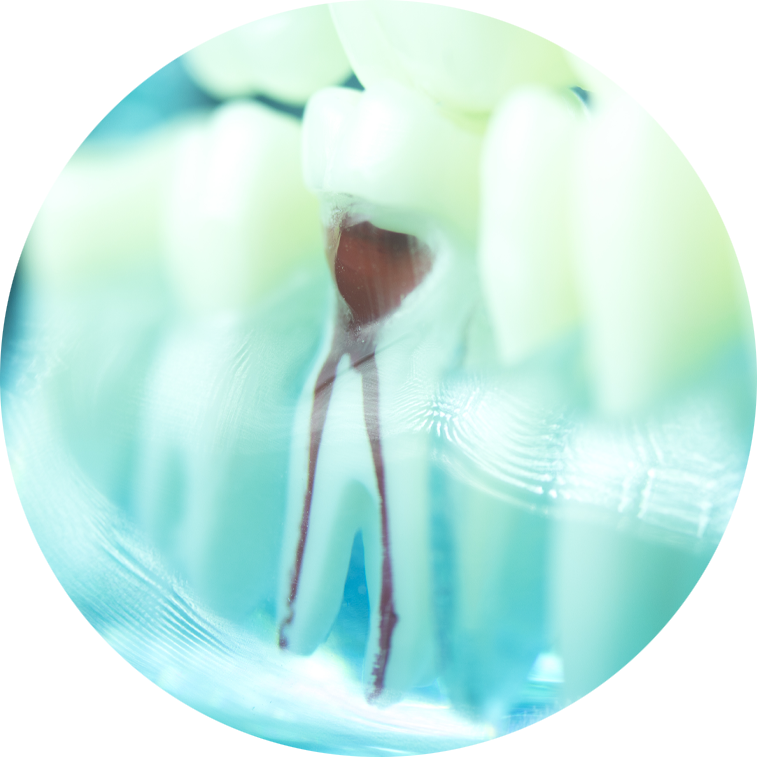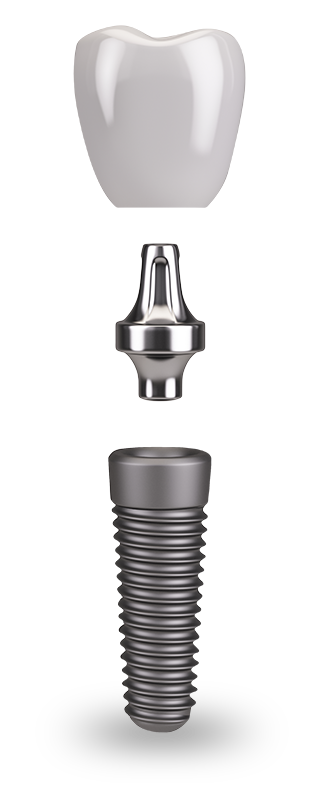
Pain when you eat, drink, or speak. Difficulty sleeping. Trouble concentrating. Toothaches, whether minor or severe can cause significant difficulties in your daily life. The cause can also vary from the simple to the complex. At one end of the spectrum, you may have sensitive teeth, and sometimes all that’s required is a change in the type of toothpaste that you use. On the other end of the spectrum is a roots-deep infection that will require you to undergo a root canal. At their worst, toothaches can prevent you from truly living your life. Whatever the reason for the symptoms you’re experiencing, your team at Charlotte Dental Arts offers effective treatment for a toothache in Charlotte, NC.

When tooth pain becomes unbearable, seeking professional emergency dental care provides the fastest path to relief. While waiting for your appointment, several strategies can help manage discomfort temporarily. Over-the-counter pain medications, when used as directed, can reduce inflammation and provide short-term relief. Cold compresses applied to the outside of your cheek near the painful area may help numb discomfort and reduce swelling.
Saltwater rinses offer natural antibacterial properties and can help cleanse the affected area, particularly if infection or inflammation contributes to your pain. Avoiding extremely hot or cold foods and beverages prevents triggering sensitive nerves, while chewing on the opposite side of your mouth reduces pressure on the painful tooth. However, these measures serve only as temporary solutions. Professional evaluation and treatment address the underlying cause, preventing the problem from worsening and potentially saving your tooth from extraction.

When an infection reaches deep down into your tooth roots, it can be very painful. This is because these narrow channels or canals are where all the living tissues—the nerves and blood vessels—of your tooth are found. With such deep infections, repairing the tooth with a standard filling is out of the question. You need a more intensive treatment called a root canal in Charlotte, NC. The root canal procedure or any treatment dealing with the inside of a tooth always begins with some form of sedation dentistry. Once you’re comfortable, a small opening will be made in the crown of the infected tooth. The diseased tissue will be cleared from the tooth canals, before the root canals are sanitized and restructured to make room for gutta-percha, a special filling material used exclusively for root canals. After this, we usually recommend placement of a new crown to fortify the tooth, as natural crowns can become brittle after root canals.
Prevention remains the most effective strategy against tooth pain, and regular dental maintenance plays a crucial role in identifying potential problems before they cause discomfort. Professional cleanings remove bacterial buildup contributing to decay and gum disease, while routine examinations detect early signs of trouble. Small cavities treated promptly never progress to painful infections, and identifying teeth grinding habits early prevents cracks and fractures.
Our preventive care approach includes personalized oral hygiene instruction, dietary counseling to minimize decay risk, and protective treatments like dental sealants for cavity-prone teeth. We also offer custom night guards for patients who grind their teeth, preventing the wear and fractures leading to future pain. For those with existing restorations, regular monitoring ensures crowns, fillings, and other dental work remain intact and functional, preventing failures causing sudden pain.

I understand the information disclosed in this form may be subject to re-disclosure and may no longer be protected by HIPAA privacy regulations and the HITECH Act.